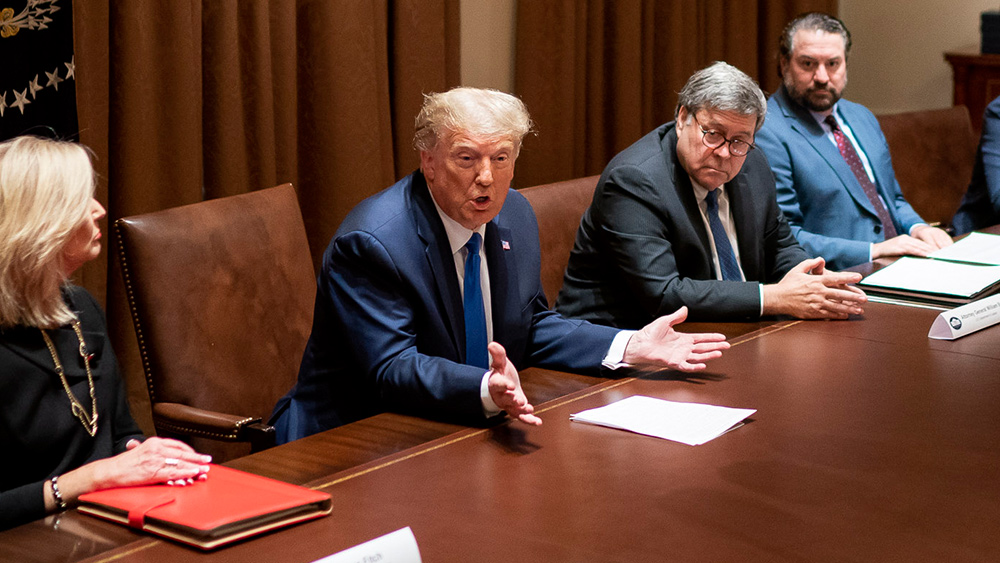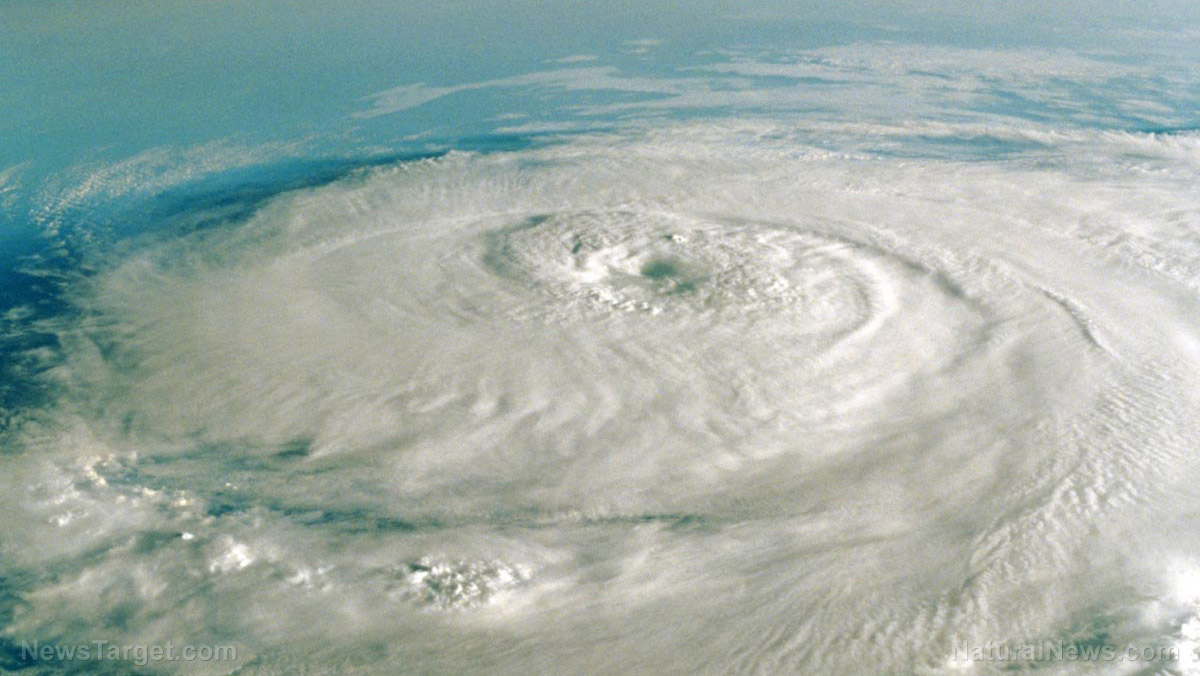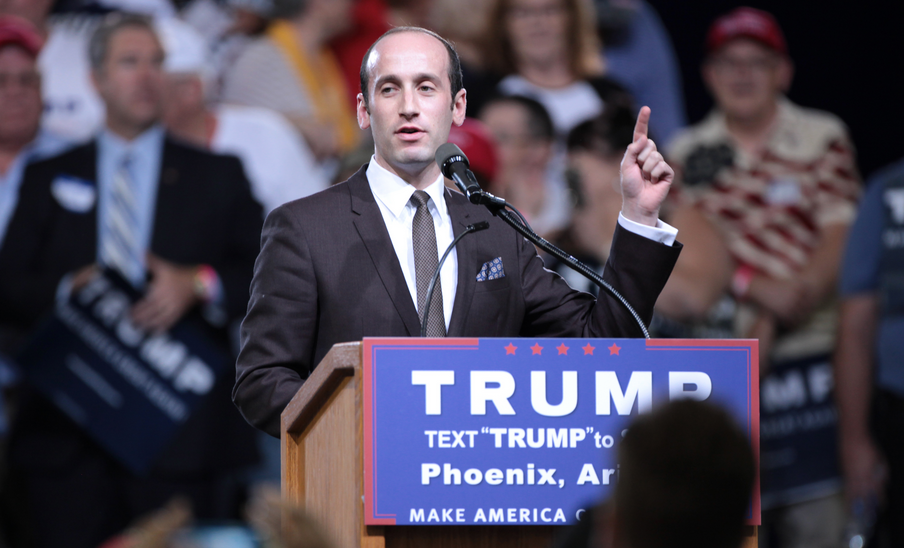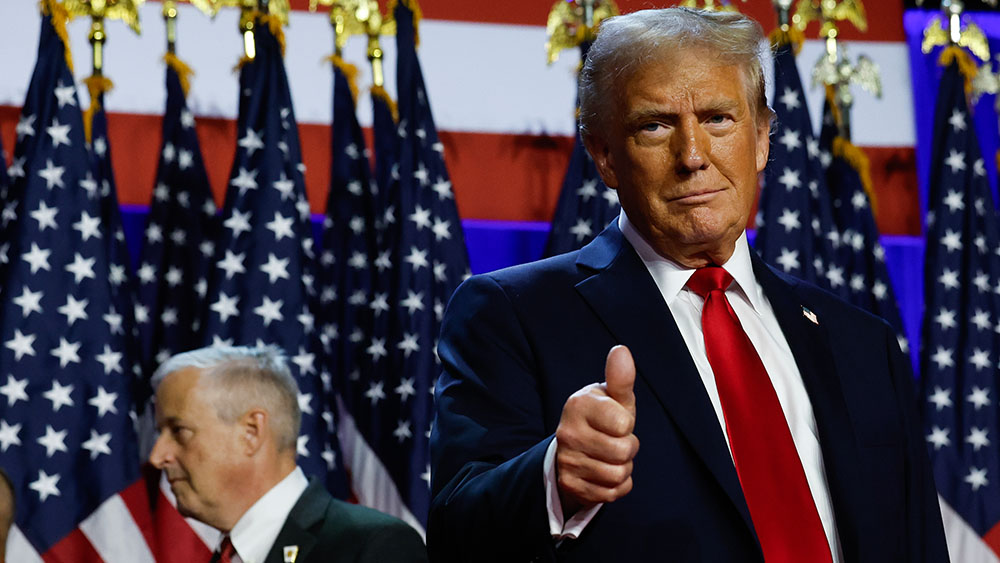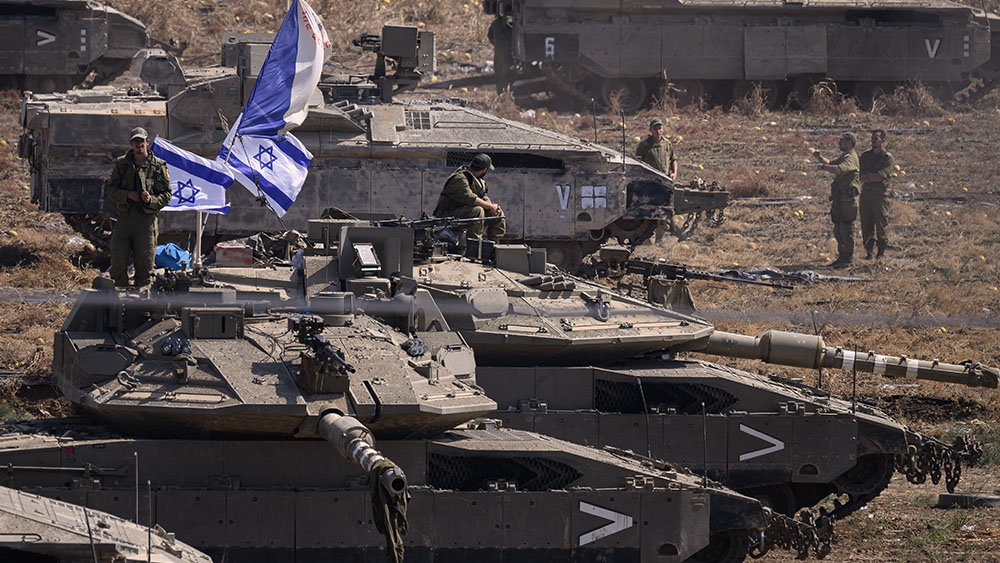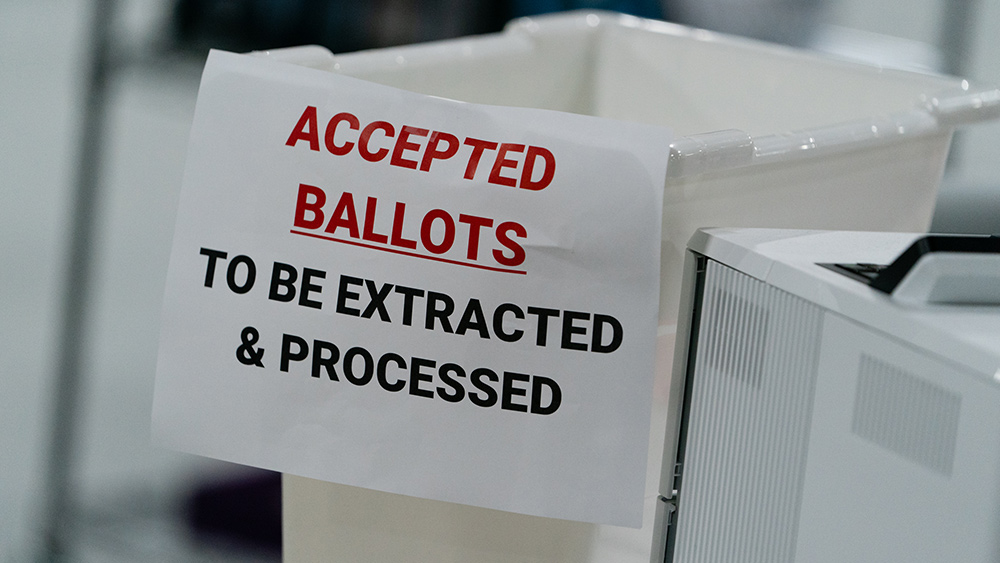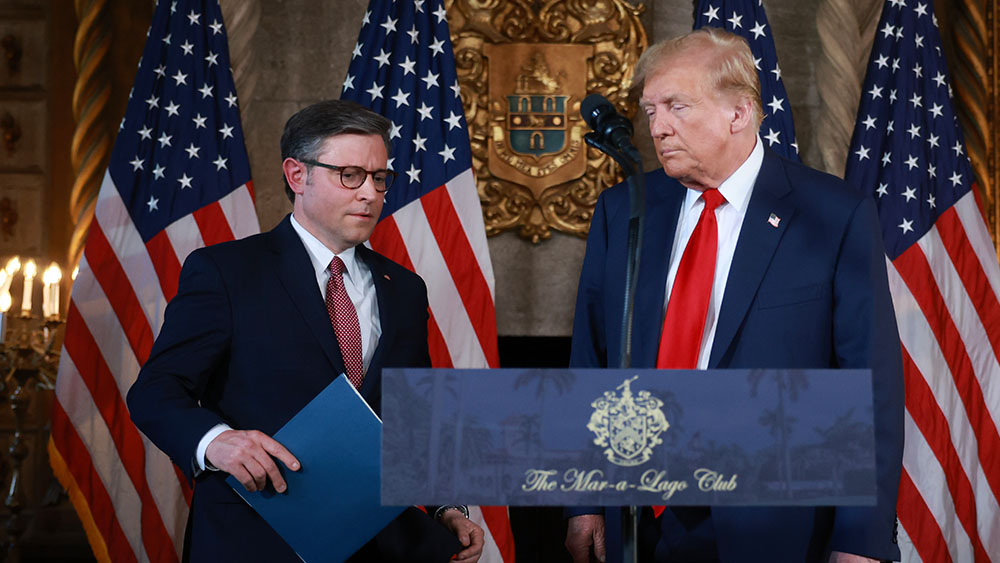U.S. ceasefire proposal to Lebanon sparks controversy, criticized as “blackmail” by media
11/20/2024 / By Richard Brown
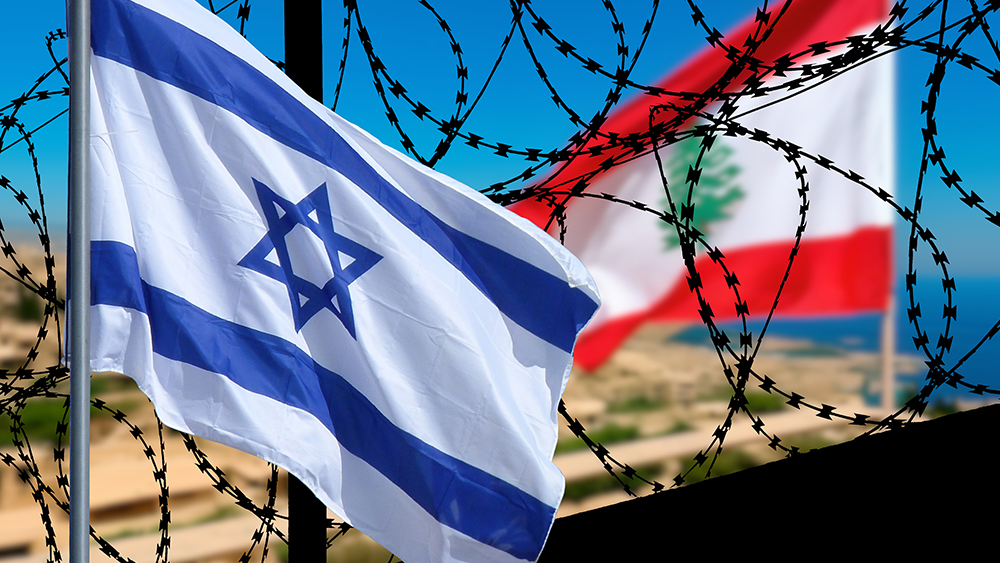
On Nov. 15, United States Ambassador to Lebanon Lisa Johnson presented a ceasefire proposal to Lebanese Speaker of the Parliament Nabih Berri, who subsequently forwarded the proposal to Hezbollah for review.
Hezbollah is said to be examining the proposal before providing a formal response. However, Lebanese media, particularly Al-Akhbar, has criticized the proposal, describing it as a form of “blackmail” against Lebanon.
Al-Akhbar reported that the proposal comes from a “unilateral U.S.-Israeli understanding” focused on security arrangements Israel has demanded. According to the newspaper, the proposal presents Lebanon with an ultimatum: accept the terms, or face a more intense escalation of the conflict.
The draft ceasefire proposal includes amendments to United Nations Resolution 1701, which ended the 2006 Lebanon War, and proposes establishing a new international committee to monitor the agreement’s implementation, led by the U.S., the United Kingdom, France and potentially an Arab state. (Related: REPORT: Israeli airstrikes in southern Lebanon kill six medics, frustrating potential ceasefire talks.)
A key component of the proposal is the demand that Hezbollah dismantle its infrastructure — both above and below ground — and that the Lebanese Army, alongside UNIFIL – the UN peacekeeping force in southern Lebanon – supervise all land, air and sea routes into Lebanon to clamp down on arms smuggling. The proposal also insists on international guarantees that Hezbollah will not rearm.
Israel, for its part, has reportedly received assurances from the U.S. that it retains the right to take military action if Lebanon or UNIFIL fails to enforce the agreement. However, there are no such guarantees for Lebanon regarding Israel’s adherence to the terms of Resolution 1701, which Israel has violated more than 35,000 times since 2006.
Despite these concerns, U.S. officials remain hopeful that the proposal could lead to a ceasefire. Lebanese officials have also expressed optimism that Hezbollah will accept it. A Lebanese government official reported that discussions are progressing quickly, with an official response expected within a week. The official referred to the diplomatic efforts as “on fire,” reflecting the urgency of the situation.
Pressure for quick end to Israel-Lebanon conflict growing
The escalation of violence between Israel and Hezbollah began in mid-September 2024, following months of tit-for-tat border skirmishes. Hezbollah had attacked Israeli positions in solidarity with Hamas and Palestinians in Gaza, prompting Israel to launch a military operation in southern Lebanon. The Israeli offensive has caused significant casualties, with hundreds of Lebanese civilians killed and over one million displaced. Israel has also targeted Hezbollah’s leadership and military infrastructure in the region.
In retaliation, Hezbollah has intensified its attacks on Israeli military positions and settlements, particularly in northern Israel, while continuing to inflict casualties on Israeli forces in southern Lebanon. Despite ongoing military operations, both sides appear to be seeking a diplomatic resolution to avoid further bloodshed.
The political pressure to end the conflict is also growing, particularly for Israel, where the return of 60,000 displaced civilians to northern Israel has become a priority for the government. U.S. President-elect Donald Trump has reportedly endorsed the ongoing ceasefire negotiations, signaling bipartisan support for a resolution. U.S. special envoy Amos Hochstein is leading the diplomatic efforts, with the White House reportedly heavily involved in the talks.
Despite growing optimism about a ceasefire, significant challenges remain. Hezbollah’s willingness to disarm, and the Lebanese Armed Forces’ ability to enforce the terms, are key issues that must be resolved. Some Israeli officials have indicated they want to push for a swift resolution, while others may delay in hopes of presenting the ceasefire as a diplomatic victory for the incoming Trump administration.
Watch this report about top Hezbollah official Naim Qassem supporting Lebanon ceasefire efforts.
This video is from the TrendingNews channel on Brighteon.com.
More related stories:
Israeli airstrikes target alleged Hezbollah site near Beirut Airport.
Local leaders condemn Netanyahu over failure to protect northern settlements from Hezbollah attacks.
Sources include:
Submit a correction >>
Tagged Under:
biased, big government, blackmail, ceasefire, ceasefire negotiations, chaos, conspiracy, Dangerous, diplomacy, foreign relations, Hezbollah, Holy War, insanity, Israel, Israel-Hezbollah conflict, Lebanon, national security, peace negotiations, WWIII
This article may contain statements that reflect the opinion of the author
RECENT NEWS & ARTICLES
COPYRIGHT © 2017 BIG GOVERNMENT NEWS

